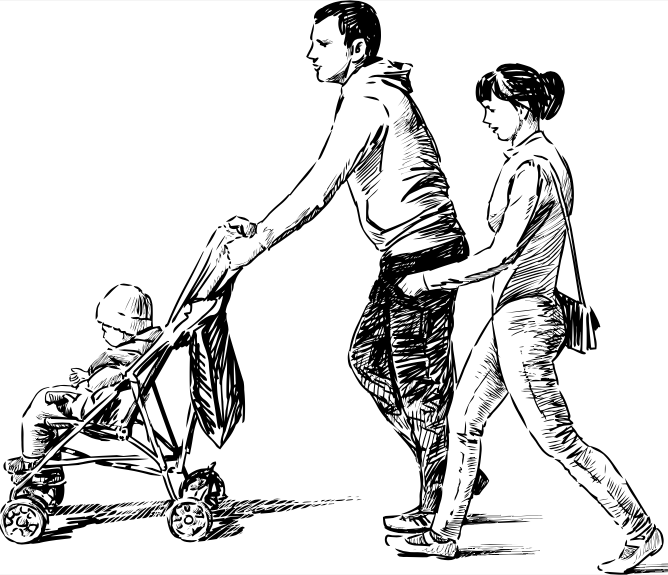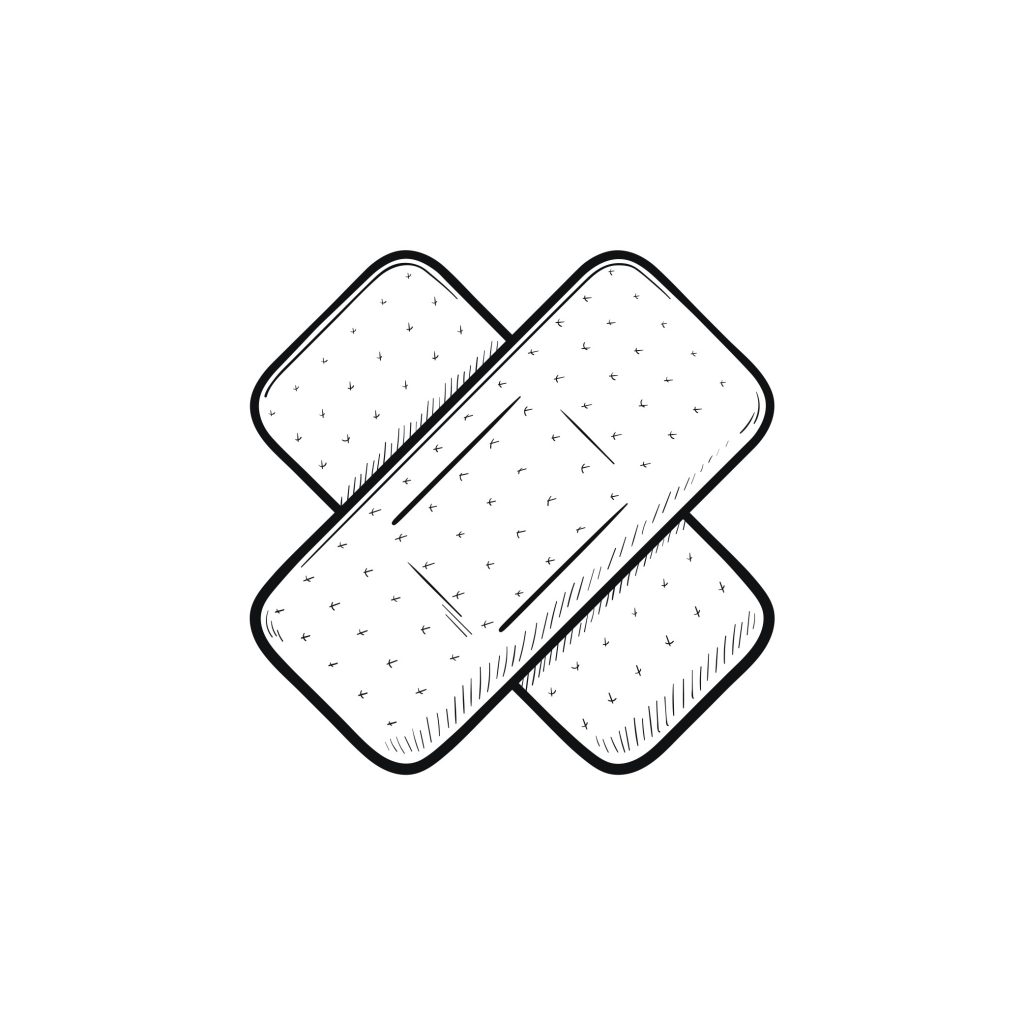Client receives £2,700 for their former landlord…
Our client entered into an assured short-hold tenancy with their former landlord in December 2012. At the time of signing the tenancy he paid an amount of £1,800.00 to his former landlord.
Under Section 213 of the Housing Act 2004 the former landlord had to place this deposit in one of the government approved schemes within 30 days of this being paid to them. The former landlord was also under a duty to provide our client with a tenancy deposit protection certificate and the prescribed information in relation to the scheme.
After leaving the tenancy our client requested that his deposit was repaid by the former landlord. This request was ignored completely by the former landlord.
After seeking specialist advice it was confirmed that the deposit should have been protected in one of the government schemes. Checks were completed with the schemes and it was confirmed that the deposit had never been protected as it should have been.
Stephensons proceeded with the case and an out of court settlement was reached where the client received a total of £2,700 from his former landlord. Visit our tenancy deposit disputes page to find out more about how we can help if your tenancy deposit has not been protected by your landlord.
Our consumer land team recently settled a case for a client who had been struggling to have his tenancy deposit paid back by his former landlord.
Our client entered into an assured short-hold tenancy with their former landlord in December 2012. At the time of signing the tenancy he paid an amount of £1,800.00 to his former landlord.

Case Studies
Over the years, CKE Attorneys have helped hundreds of individuals and businesses up and down the country. Some of our success stories are below...
-
 Read MorePersonal InjurySlip, Trip or Fall Accidents in Public PlacesIf a member of the public gets injured in a slip, trip or fall accident in a public place, and reasonable steps hadn't been taken to make the area safe, the injured person may be entitled to make a public liability claim.
Read MorePersonal InjurySlip, Trip or Fall Accidents in Public PlacesIf a member of the public gets injured in a slip, trip or fall accident in a public place, and reasonable steps hadn't been taken to make the area safe, the injured person may be entitled to make a public liability claim. -
 Read MorePersonal InjuryWill Personal Injury Compensation Affect My Benefits?Receiving state benefits should not stop an injured person starting a claim for personal injury or medical negligence compensation.
Read MorePersonal InjuryWill Personal Injury Compensation Affect My Benefits?Receiving state benefits should not stop an injured person starting a claim for personal injury or medical negligence compensation. -
 Read MoreFamily LawClean Break Orders explainedA clean break order is used following a divorce and essentially means that each person's financial affairs are completely severed from the other's. Without a clean break order or a consent order from the court, your ex-spouse could make a financial claim against you at any time in the future.
Read MoreFamily LawClean Break Orders explainedA clean break order is used following a divorce and essentially means that each person's financial affairs are completely severed from the other's. Without a clean break order or a consent order from the court, your ex-spouse could make a financial claim against you at any time in the future.